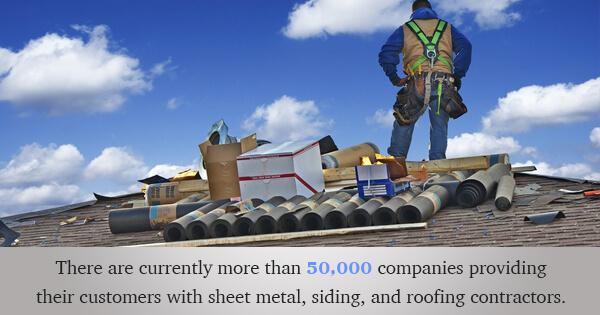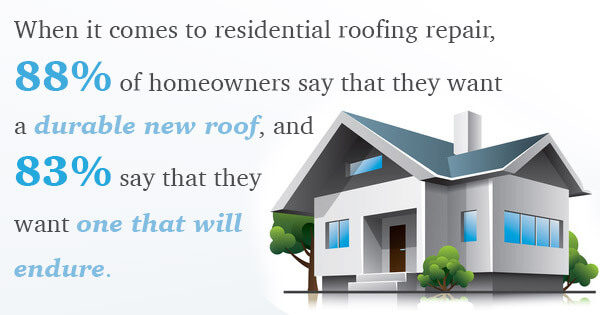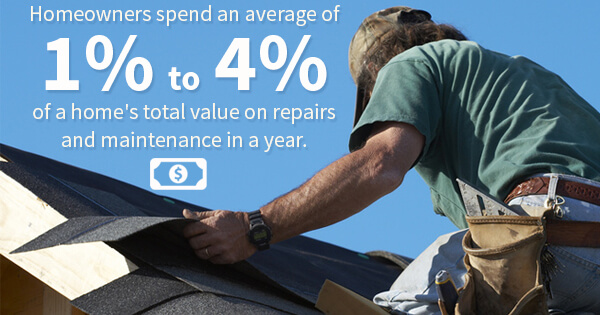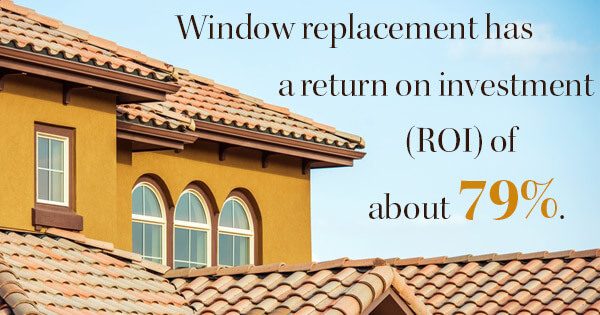In the United States, there are currently more than 50,000 companies providing their customers with sheet metal, siding, and roofing contractors. If you’re looking to hire a commercial roofing company in Michigan, then you’ll need to know what you’re talking about. But not everyone can understand the difference between TPO roofing and EPDM Rubber Roofing, or the different pros and cons of asphalt and steel.
 So before you hire commercial roofing contractors to replace or repair your building’s roof in Michigan, check out this helpful glossary of common commercial roofing materials and terms — from the Grand Rapids roofing experts! Asphalt, Bitumen: Asphalt is a popular roofing material made from an organic, tar-like substance called bitumen. You might now asphalt from those shingles common on many residential buildings, but asphalt is used differently in commercial and industrial settings. There are two common types of asphalt commercial roofing, Built-Up-Roofing (BUR) and Modified Bitumen Systems (MBS). BUR: Built-up-roofing is one of the most popular kinds of commercial roofing materials, and you probably know them as the familiar “tar and gravel” roofs. They consist of alternating layers of bitumen and insulation materials. Energy Star Certified: Commercial roofing materials that have been independently verified to increase energy efficiency without sacrificing functionality. EPDM Rubber Roofing Systems: EPDM (ethylene propylene diene terpolymer) are manufactured from oil and gas and are usually applied to low-slope commercial buildings. They can also be made with recycled material and are known for reflecting sunlight and heat. Metal Roofing: Metal remains a popular commercial roofing material despite high-tech alternatives. That’s because 88% of survey respondents said they wanted durable roofing materials, while 72% said they wanted roofing materials that required little maintenance. Steel roofing is fire resistant and can last as long as the building it’s installed on. Modified Bitumen Systems: Also known as “membrane roofing,” MBS is a natural evolution of the standard “tar and gravel” roofs, and one of the most popular new commercial roofing materials. Large pieces of synthetic rubber is installed on flat roofs to prevent water from collecting on the roof. TPO Roofing: Thermoplastic polyolefin is one of the most increasingly popular commercial roofing materials used today, particularly by those who want energy efficient buildings. You might recognize this as the flat, white material commonly installed on flat rooftops.
So before you hire commercial roofing contractors to replace or repair your building’s roof in Michigan, check out this helpful glossary of common commercial roofing materials and terms — from the Grand Rapids roofing experts! Asphalt, Bitumen: Asphalt is a popular roofing material made from an organic, tar-like substance called bitumen. You might now asphalt from those shingles common on many residential buildings, but asphalt is used differently in commercial and industrial settings. There are two common types of asphalt commercial roofing, Built-Up-Roofing (BUR) and Modified Bitumen Systems (MBS). BUR: Built-up-roofing is one of the most popular kinds of commercial roofing materials, and you probably know them as the familiar “tar and gravel” roofs. They consist of alternating layers of bitumen and insulation materials. Energy Star Certified: Commercial roofing materials that have been independently verified to increase energy efficiency without sacrificing functionality. EPDM Rubber Roofing Systems: EPDM (ethylene propylene diene terpolymer) are manufactured from oil and gas and are usually applied to low-slope commercial buildings. They can also be made with recycled material and are known for reflecting sunlight and heat. Metal Roofing: Metal remains a popular commercial roofing material despite high-tech alternatives. That’s because 88% of survey respondents said they wanted durable roofing materials, while 72% said they wanted roofing materials that required little maintenance. Steel roofing is fire resistant and can last as long as the building it’s installed on. Modified Bitumen Systems: Also known as “membrane roofing,” MBS is a natural evolution of the standard “tar and gravel” roofs, and one of the most popular new commercial roofing materials. Large pieces of synthetic rubber is installed on flat roofs to prevent water from collecting on the roof. TPO Roofing: Thermoplastic polyolefin is one of the most increasingly popular commercial roofing materials used today, particularly by those who want energy efficient buildings. You might recognize this as the flat, white material commonly installed on flat rooftops.
Subscribe to West Michigan Roofing's Blog








Comments